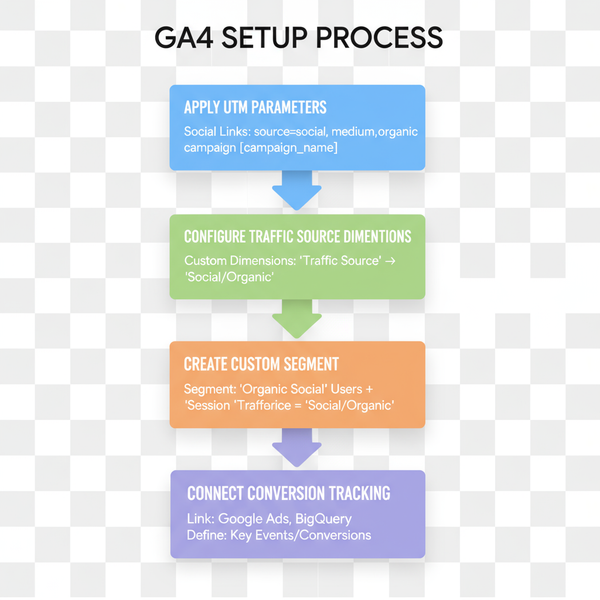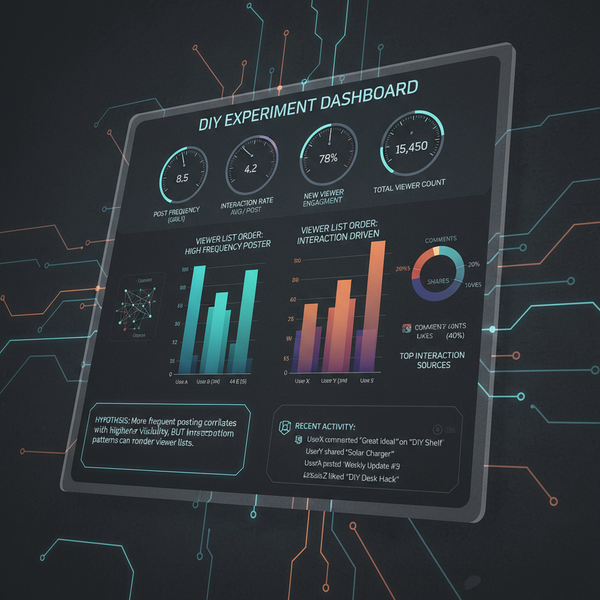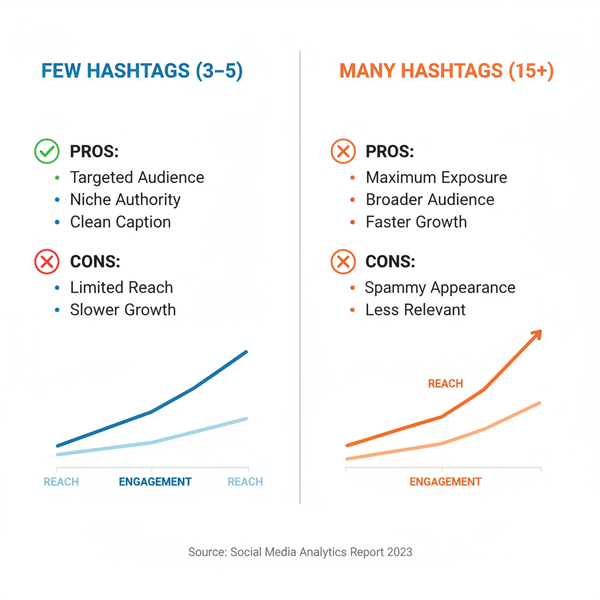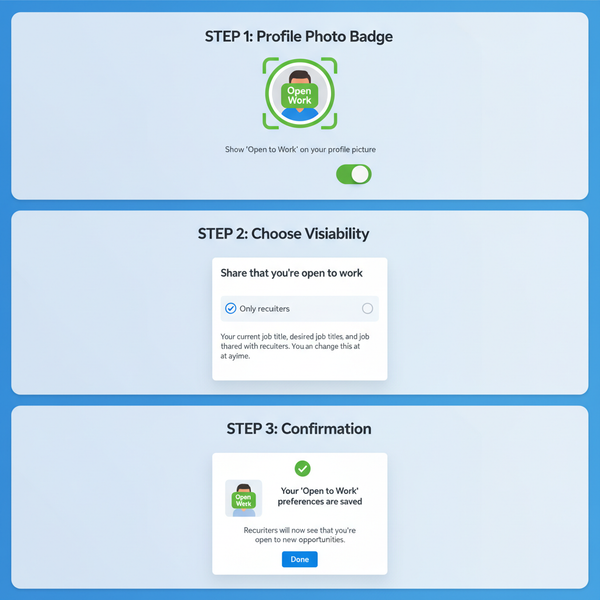Create a Professional Media Kit Using a Media Kit Maker
Learn how to plan, design, and share a professional media kit using easy media kit maker tools to attract sponsors, brands, and press coverage.
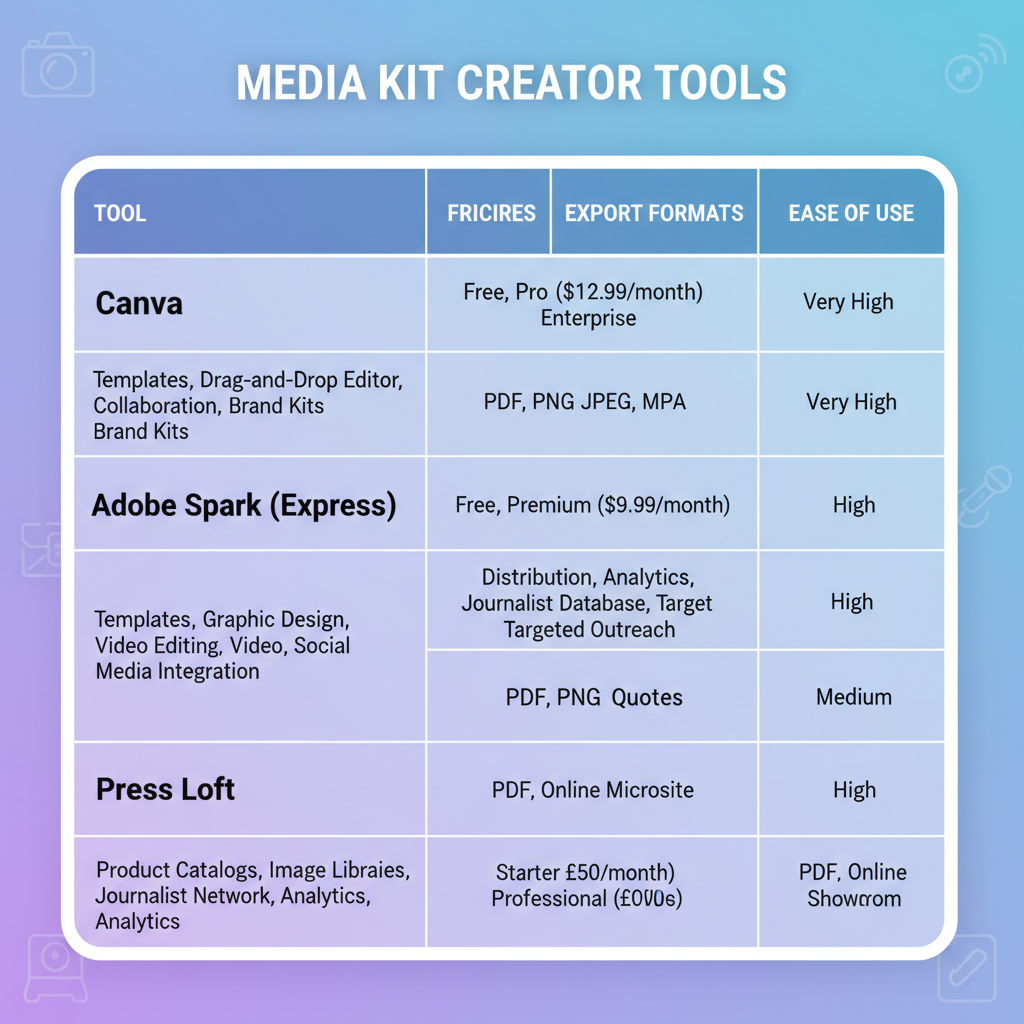
Create a Professional Media Kit Using a Media Kit Maker
A professional media kit is an essential marketing asset for creators, influencers, freelancers, and businesses. It gives brands, journalists, and sponsors a fast, visually appealing overview of your value. Today, with the rise of easy-to-use media kit maker tools, you can design a stand-out kit without needing advanced graphic design skills.
This comprehensive guide will walk you step-by-step through planning, designing, and sharing a media kit that helps you secure more collaborations, press coverage, and sponsorships.

---
Understanding What a Media Kit Is and Why You Need One
A media kit—also referred to as a press kit—is a curated set of information introducing you or your brand to potential partners. Its purpose is to communicate your value, credibility, and unique selling propositions in a format that’s both professional and enjoyable to consume.
Key Benefits
- Saves time: Relevant information is all in one place.
- Builds credibility: Branded, polished layouts signal professionalism.
- Shows value: Clear data, stories, and visuals help you stand out.
In today’s competitive digital landscape, having a media kit is non-negotiable—it can significantly influence whether opportunities come your way.
---
Identify Your Target Audience and Purpose
Before you start designing in your chosen media kit maker, clarify who the kit is for and why.
Ask yourself:
- Are you targeting brands for collaborations?
- Are you pitching to journalists for coverage?
- Are you approaching sponsors for event or project backing?
Once you know your audience, adapt the tone, content, and design accordingly. B2B audiences often prefer data-rich presentations, while lifestyle brands may favor high-impact visuals and storytelling.
---
Gather Essential Elements for Your Media Kit
Preparing the right content ahead of design will save time and ensure accuracy. Gather:
- Personal or Brand Bio: A short, impactful summary.
- Statistics: Social media numbers, website analytics, audience demographics.
- Achievements: Awards, notable collaborations, press mentions.
- Testimonials: Powerful quotes from trusted sources.
- Portfolio Samples: Images or videos of your best work.
Having all these elements ready will make the design process more efficient and ensure consistent quality.
---
Choose the Right Media Kit Maker Tool
Your choice of media kit maker determines how easily and beautifully you can bring your ideas to life. Options range from free online editors to professional-grade software.
Key criteria to consider:
- Ease of Use: Drag-and-drop simplicity or advanced editing?
- Templates: Pre-designed options that save time.
- Integration: Connect with social analytics or asset libraries.
- Export Options: PDFs, shareable links, or interactive kits.
- Pricing: Consider your budget and feature needs.
Popular Media Kit Maker Tools
| Tool | Best For | Key Features | Pricing Range |
|---|---|---|---|
| Canva | Beginners & casual creators | Templates, drag-and-drop, rich media | Free - $14.99/mo |
| Visme | Small businesses | Interactive design, analytics, brand kit | Free - $29/mo |
| Adobe InDesign | Professional designers | Advanced layout control, print-ready | $20.99/mo |
| Crello | Social media creators | Animated design assets, templates | Free - $9.99/mo |
---
Customize Your Design: Branding Colors, Fonts, Layout
Your media kit should be visually aligned with your brand identity:
- Apply brand colors for recognition.
- Select fonts that match your aesthetic and message.
- Use a clear hierarchy with headings, subheadings, and visuals.
If your media kit maker supports a brand kit function, upload your brand assets for consistent use throughout your design.
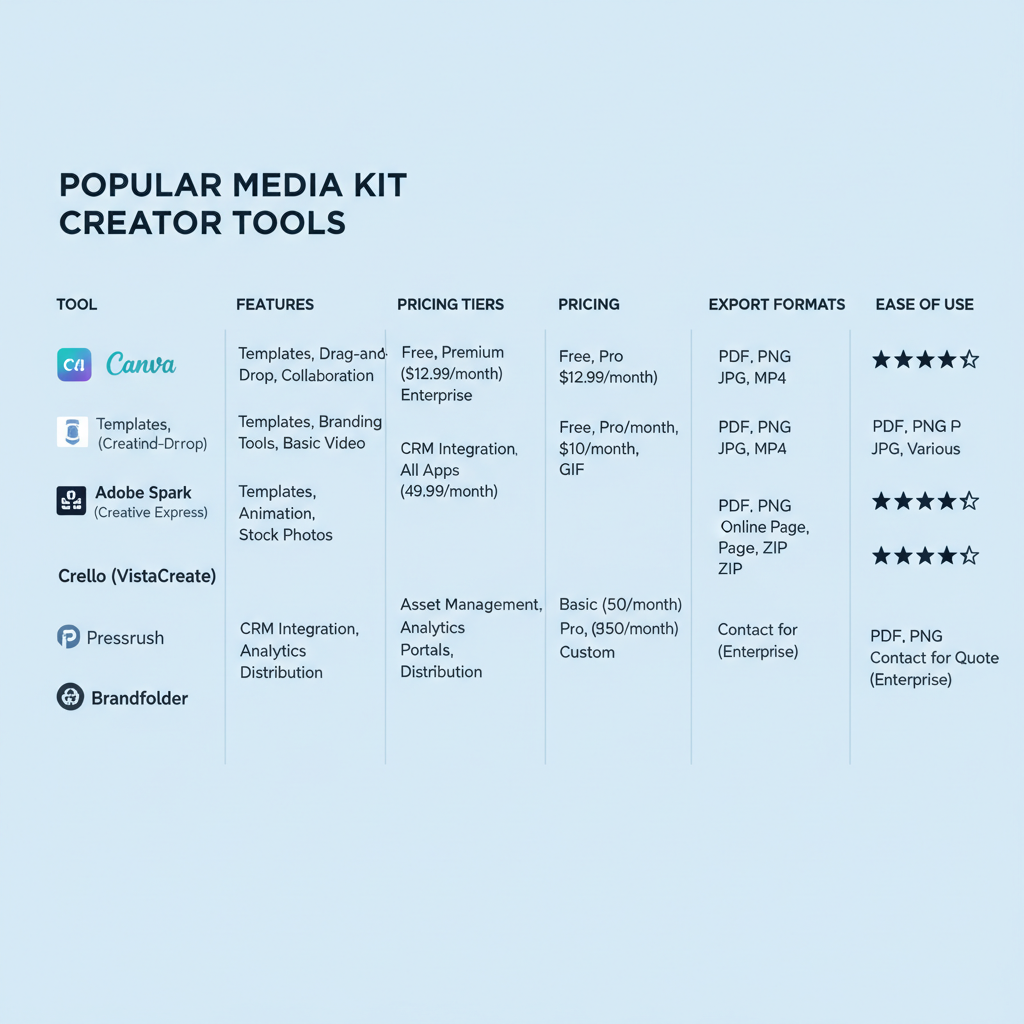
---
Add Compelling Visuals
Visual content draws attention and reinforces your value:
- Crisp headshots or product photos.
- Logos in high-resolution or vector format.
- Screenshots of press features or social proof.
- Before/after case study visuals.
Aim for high-quality, relevant imagery that supports your professional narrative.
---
Showcase Social Proof and Performance Metrics
Performance data builds trust and demonstrates your impact. Include:
- Follower counts by platform.
- Engagement rates in percentages.
- Reach and impressions for campaigns.
- Website analytics (traffic, time on site, conversions).
Design your charts or infographics inside your chosen media kit maker to present statistics clearly.
---
Include Clear Contact Information and CTA
Never leave prospects guessing how to get in touch. Include:
- Professional email
- Business phone (optional)
- Links to your portfolio or social profiles
- Location (optional, if relevant)
End with a strong call-to-action, such as:
- “Let’s collaborate”
- “Book me for your campaign”
- “Request a quote today”
This gives your audience a clear next step.
---
Export and Share in the Best Formats
After finalizing your design, select the right distribution method. Most media kit maker platforms support:
- PDF exports for email or print.
- Online links that are easy to update.
- Interactive formats with embedded media and clickable links.
Always test on both desktop and mobile for a consistent viewing experience.
---
Keep Your Media Kit Updated
An outdated media kit hurts credibility. Refresh it regularly:
- Set reminders to update quarterly or monthly.
- Store metrics and media assets in an organized, shared folder.
- Reassess design and messaging at least twice per year.
---
Pro Tips to Stand Out
In a crowded market, your media kit should have elements that make it memorable:
- Storytelling: Share your journey and values.
- Niche focus: Clearly define your specialty.
- Creative sections: e.g., Fun Facts, Behind-the-Scenes.
- Video Introductions: Personal greetings boost connection if your tool allows.
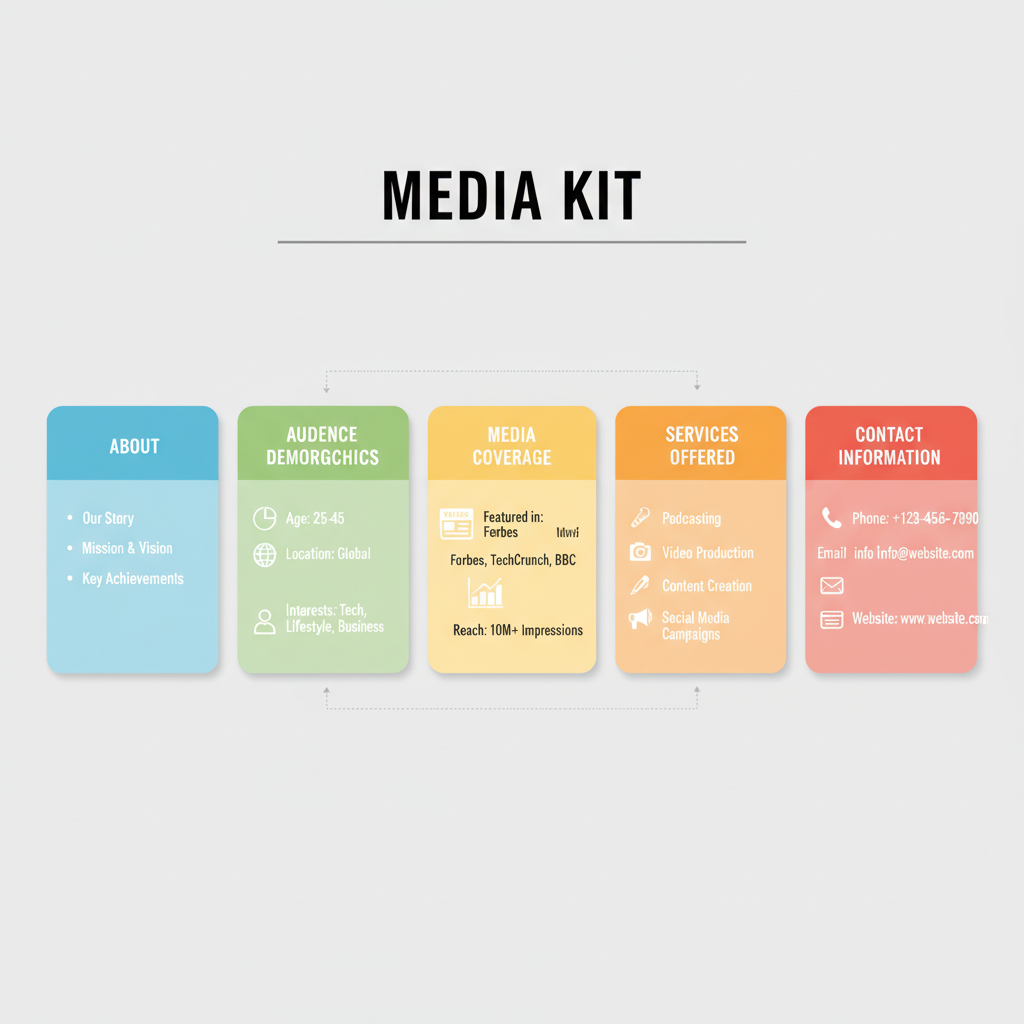
---
Summary and Next Steps
Leveraging a media kit maker gives you the tools to craft a kit that’s as visually compelling as it is informative. Success lies in pairing strong branding with concise storytelling, verified data, and an easy-to-follow structure.
Start by clarifying your audience and goals, gathering your most impactful assets, and choosing a tool that matches your skills and needs. With consistency and regular updates, your media kit becomes a living portfolio that opens doors to valuable partnerships.
Ready to create your standout media kit? Begin today with a reliable media kit maker and watch your collaboration opportunities grow.

